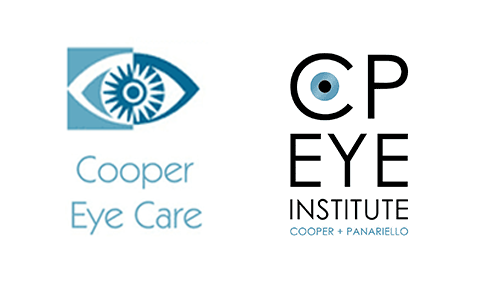What is keratoconus?
Keratoconus is defined as progressive thinning and protrusion of the cornea. The cornea is the front surface of the eyeball. It is typically round, relatively uniform in thickness, and clear. In a normal eye, light passes through the cornea and forms a clear image on the retina, the back of the eye. The retina then transfers the image information to the brain. In an eye that has keratoconus, the cornea is no longer round but protrudes forward and becomes more cone-like. When light passes through the cornea of a keratoconic eye, it becomes distorted so that it no longer creates a clear image on the retina. This results in the symptoms of keratoconus.
What are symptoms of keratoconus?
Common symptoms include blurred vision, doubling or haloes around images, increased glare at night time, and constantly changing and increasing the glasses prescription.
How is keratoconus treated?
The following are options to reduce symptoms and improve quality of vision:
Glasses
For very mild forms of keratoconus, a glasses prescription can correct the blurred images created by the distorted cornea.
Soft contact lenses
Soft contact lenses are also an option for mild forms of keratoconus and can provide clear and comfortable vision.
Rigid gas permeable lenses
For patients with mild to severe forms of keratoconus, a rigid gas permeable contact lens can provide excellent vision. A rigid gas permeable lens creates a round and regular surface over the protruding, irregular surface of the cornea. This type of contact lens projects a clear image onto the retina allowing for good vision.
Scleral lenses
A scleral lens is also an option for patients with mild to severe forms of keratoconus. It works similarly to a rigid gas permeable lens and provides a round and regular surface over the irregular cornea. A scleral lens is larger than a rigid gas permeable lens and rests on the sclera, the white of the eye, rather than on the cornea. Scleral lenses have been shown to be very comfortable and useful as a therapeutic for other conditions such as ocular surface disease, corneal scarring, and high prescriptions.
It is important to keep in mind that glasses and contact lenses will not slow the progression of keratoconus, they are designed to improve quality of vision. To slow the progression of keratoconus, corneal collagen cross-linking has been shown to be effective and is FDA-approved.
During a keratoconus evaluation, we will determine which type of visual correction would best benefit you and whether you are a candidate for corneal crosslinking. Patients with keratoconus require regular eye exams. If left untreated, keratoconus can lead to irreversible scarring of the cornea which can only be improved with a corneal transplant.
Cooper Eye Care (Manhattan)
- Monday
- 9:00 AM - 5:00 PM
- Tuesday
- 9:00 AM - 5:00 PM
- Wednesday
- 9:00 AM - 5:00 PM
- Thursday
- 9:00 AM - 5:00 PM
- Friday
- 9:00 AM - 3:00 PM
- Saturday
- Closed - Closed
- Sunday
- Closed - Closed
Cooper Panariello Eye Institute (Brooklyn)
- Monday
- 8:30 AM - 5:00 PM
- Tuesday
- 8:30 AM - 5:00 PM
- Wednesday
- 8:30 AM - 5:00 PM
- Thursday
- 8:30 AM - 5:00 PM
- Friday
- 8:30 AM - 3:00 PM
- Saturday
- Closed - Closed
- Sunday
- Closed - Closed
View All Of Our Eye Care Services
The team of doctors at Cooper Eye Care in the New York City, with offices in Manhattan and Brooklyn serving the surrounding areas of Upper East Side and Dyker Heights, are friendly, professional, and focused on care.
